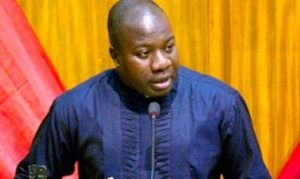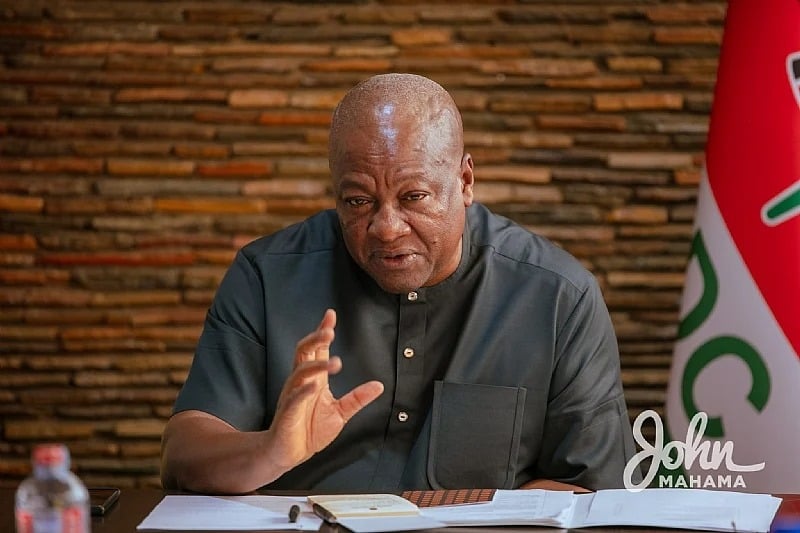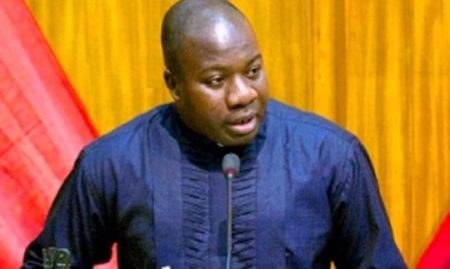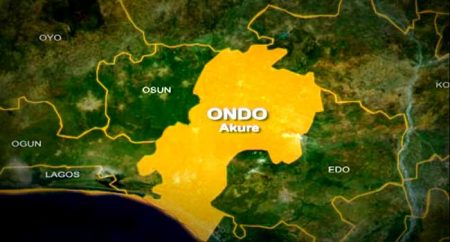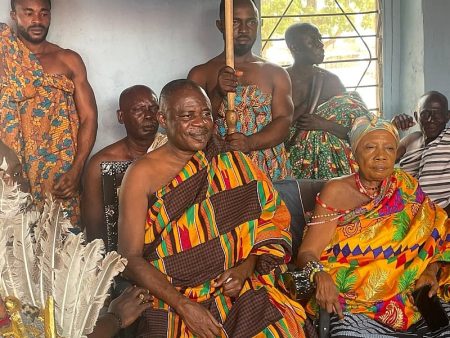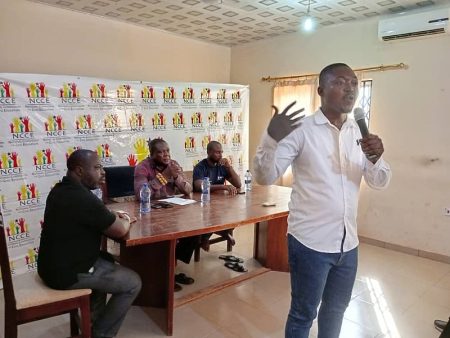The National Democratic Congress (NDC), under the leadership of Presidential Candidate John Dramani Mahama, has unveiled an ambitious plan called the Big Livelihood Empowerment Against Poverty (Big LEAP) aimed at fostering economic inclusion for beneficiaries of the Livelihood Empowerment Against Poverty (LEAP) program, particularly targeting urban poor communities. This initiative, featured prominently in the party’s manifesto titled “Resetting Ghana: Jobs, Accountability, and Prosperity,” aims to mobilize both state and non-state resources to provide comprehensive support for the urban poor. This multifaceted approach not only focuses on economic empowerment but also emphasizes improving access to essential services and creating specialized projects tailored for indigent individuals in both coastal and urban settings. Additionally, the NDC pledges to introduce an Emergency Response LEAP Grant Programme to ensure that those affected by disasters receive immediate assistance, thereby mitigating the impact of such events on vulnerable populations.
Former President Mahama outlined further reforms in educational interventions, promising to broaden the scope of the Capitation Grant to include private schools serving deprived communities. This move is part of a strategic initiative to achieve universal basic education enrolment. The NDC is committed to addressing longstanding issues related to the timely disbursement of capitation grants for public basic schools while enhancing nutritional support in schools. Mahama mentioned plans to engage nutritionists to advise on meal planning and implement nutrition frameworks that ensure balanced diets tailored to the specific needs of different communities. Additionally, the decentralization of the Ghana School Feeding Programme (GSFP) management to district levels is intended to improve efficiency, provide timely payments to caterers, and extend the program’s reach to the most underserved areas.
Addressing the needs of vulnerable children, Mahama proposed a Protective Framework for Children, which includes the establishment of an Orphan and Vulnerable Child Support Scheme. This initiative aims to create safe environments for at-risk youth, such as street children and those trafficked. Strategies for combating child trafficking, supporting family reintegration, and ensuring parental accountability are central components of this framework. The NDC envisions a robust public education campaign to raise awareness about child trafficking and its prevention while creating support systems for affected families. Furthermore, the establishment of a Child Support System aims to enforce financial responsibility among parents living apart from their children, contributing to their well-being and ensuring they receive the care they need.
In the realm of labor rights, Mahama’s government commits to amending the Labour Act to extend paid maternity leave to four months and introducing policies to support mothers dealing with stillbirths or infant loss. The proposed legal framework for assisted reproductive technology will safeguard the rights of all parties involved, maintaining ethical standards throughout. Additionally, the NDC plans to introduce paternity leave to encourage shared parental responsibilities, fostering a culture of engagement beyond traditional maternal roles. These measures illustrate the NDC’s broader commitment to supporting families and promoting work-life balance, which are critical elements for nurturing healthy family structures.
Moreover, Mahama aims to enhance social protection for marginalized groups through the introduction of the Social Protection and Aged Persons Bill, which seeks to streamline efforts to support vulnerable populations across Ghana. By completing the Ghana Household Registry, the NDC intends to improve the targeting of social protection benefits. Capacity-building initiatives for social workers and enhanced employability for graduates in social work are included in the plan to ensure the sustainability of these social welfare systems. Special programs targeting specific demographics, such as the Kayayei (head porters), will offer educational scholarships and vocational training, aimed at reducing streetism and addressing the challenges of rural-urban migration.
The manifesto also articulates a commitment to revising the National Health Insurance Act, extending coverage to extremely poor households, thus enhancing access to essential healthcare for vulnerable populations. By prioritizing the needs of the underserved, the NDC aims to create a more inclusive health system that leaves no one behind. The comprehensive approach outlined in the manifesto underscores the NDC’s vision for holistic development, emphasizing economic empowerment, educational advancement, child protection, labor rights, and social security measures. Mahama concluded by urging voters to support the NDC in the upcoming elections, framing his party as one dedicated to the betterment of all Ghanaians and the establishment of a just and equitable society. Through this multifaceted program, Mahama presents a roadmap aimed at fostering resilience and ensuring that all citizens have the opportunity to thrive, regardless of their socio-economic status.


